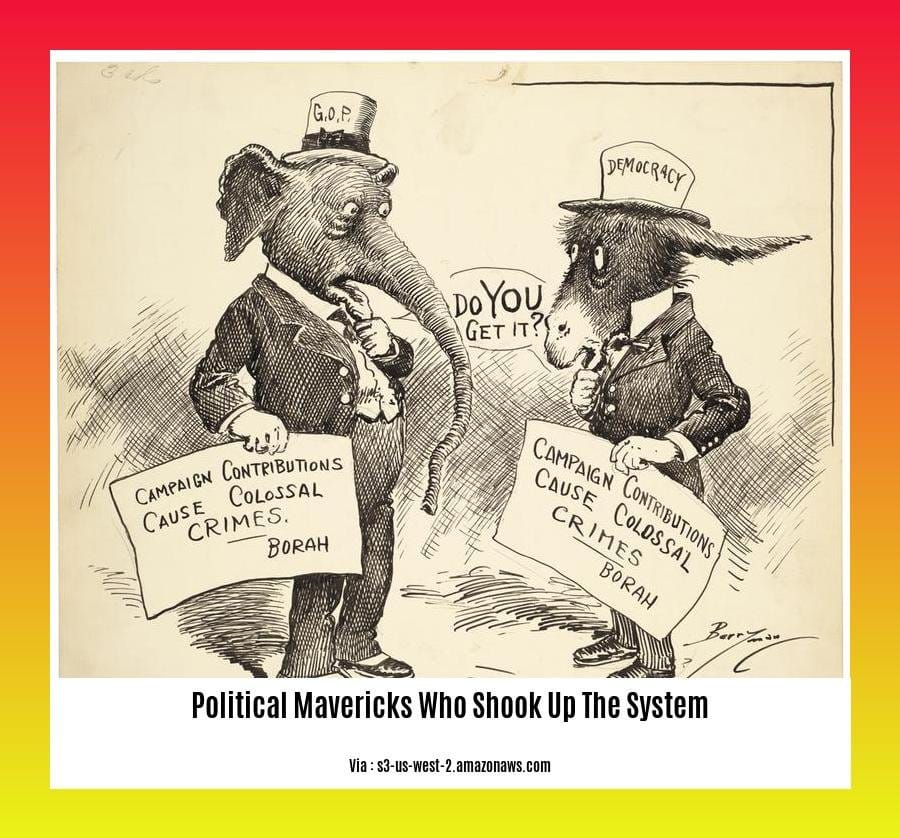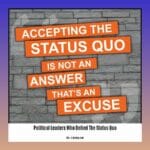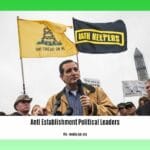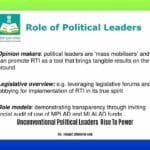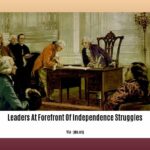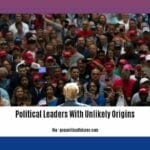Step into the captivating world of political mavericks in “Political Mavericks Who Shook Up the System: A Study of Unconventional Politicians.” In this thought-provoking analysis, we delve into the extraordinary journeys of those who defied political norms and reshaped the landscape of governance.
Key Takeaways:
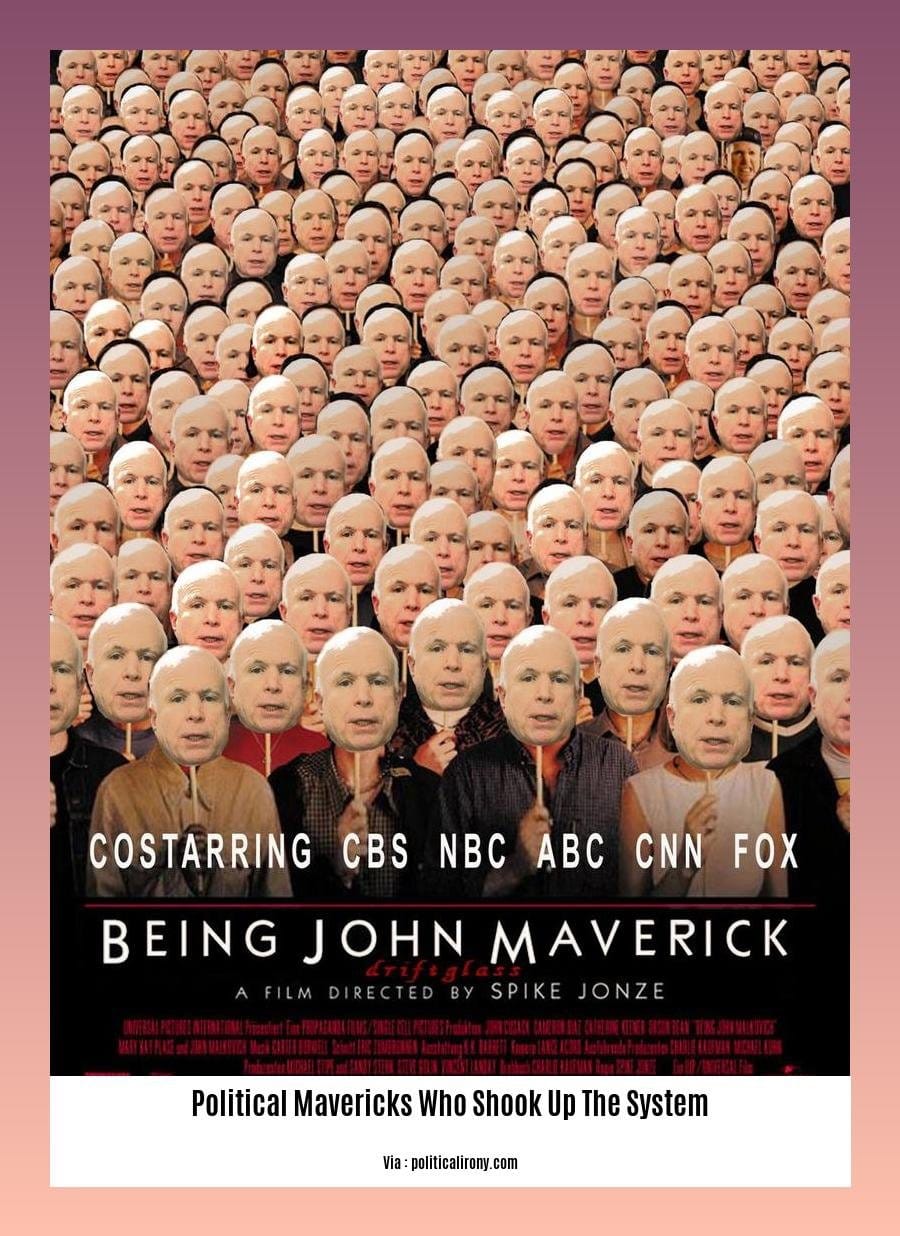
- Maverick politicians like John McCain challenge the status quo and promote independence.
- McCain’s “maverick” nature earned him respect from both parties due to his willingness to work across lines.
- He believed progress required setting aside partisanship.
- Maverick politicians face the challenge of balancing independence with appealing to their base.
- There is a growing desire for politicians who vote independently, rather than along party lines.
Political Mavericks Who Shook Up the System
John McCain: A True Maverick
Undoubtedly, late Senator John McCain earns a spot among the most notable political mavericks who shook up the system. Throughout his career, McCain defied party lines and consistently pursued what he believed was right. His unwavering independence and willingness to work across the aisle earned him admiration and respect from both sides of the political spectrum.
McCain’s maverick nature stemmed from his deep belief in progress and bipartisanship. He famously stated, “Progress is possible in America, but only if we don’t give up on political courage.” This sentiment resonated with many Americans weary of bitter party divisions.
The Dilemma of Maverick Politicians
Being a maverick politician presents a unique challenge: balancing independence with appealing to one’s political base. Political survival often hinges on toeing the party line, but mavericks risk alienating their core supporters by deviating from it.
Striking this balance requires political dexterity and a deep understanding of one’s constituents. Mavericks must demonstrate a commitment to their core principles while also acknowledging the concerns of their base.
A Post-Partisan Mood in America
The American electorate is increasingly expressing a desire for politicians who are willing to break free from partisan gridlock. Voters are tired of the endless bickering and crave leaders who prioritize progress over party loyalty.
This “post-partisan” mood creates an opportunity for maverick politicians to gain traction. They offer an alternative to the often-stale establishment and appeal to voters seeking a fresh approach to politics.
Impact of Political Mavericks
The impact of political mavericks who shook up the system can be profound. They challenge the status quo, encourage healthy debate, and sometimes even inspire political change.
By breaking free from partisan dogma, mavericks can force their parties to reconsider their positions or even reshape the political landscape. They remind us that political courage and independence are essential ingredients for a healthy democracy.
Throughout history, there have been numerous political figures who have courageously political leaders who defied the status quo, defied the norms, and challenged the established order in order to drive meaningful change. Anti-establishment political leaders like these have often faced significant resistance and criticism, but their unwavering determination and visionary ideas have ultimately enabled them to leave a lasting impact on society. Some contrarian leaders who challenged norms and their remarkable stories can be discovered through these links.
Impact on Policy and Legislation: Assessing the Concrete Effects of Maverick Influence
Maverick politicians often challenge the status quo, bringing fresh perspectives and innovative ideas. But beyond the headlines, what tangible impact do they have on policy and legislation?
Measuring the Effects
Quantifying the exact impact of maverick influence is complex. However, researchers have identified several key indicators:
Legislative Success: Mavericks can influence legislation by sponsoring or cosponsoring bills that align with their views.
Policy Changes: Maverick advocacy can lead to changes in government policies or programs.
Public Opinion: Mavericks shape public debate and sometimes sway public opinion toward their positions.
Electoral Outcomes: Maverick candidates can influence election results, sometimes breaking partisan lines and affecting the balance of power.
Key Takeaways:
- Mavericks can leverage their independence and perceived integrity to influence policy outcomes.
- Their impact can be measured through legislative success, policy changes, public opinion, and electoral outcomes.
- Assessing maverick influence requires a nuanced approach, considering both their specific positions and the broader political context.
Citation:
- The Impact of Maverick Politicians on Public Policy
Challenges Faced by Mavericks: Analyzing Resistance from the Political Establishment
As political mavericks navigate the turbulent waters of politics, they confront an array of obstacles that threaten to derail their unconventional paths. The political establishment, a formidable force armed with influence, resources, and societal norms, often views mavericks as a threat to their authority.
Tactics of Resistance
1. Ostracism and Isolation:
The establishment may ostracize mavericks, excluding them from committees, denying access to resources, and isolating them within the political system.
2. Partisan Attacks:
Mavericks face relentless attacks from their own party, as the establishment seeks to discipline and discredit those who defy party lines.
3. Smear Campaigns:
The establishment may resort to spreading rumors and fabricating scandals to damage the reputation of mavericks.
4. Denial of Support:
Funding, staff, and other forms of support may be withheld from mavericks, limiting their ability to effectively represent their constituents.
External Pressures
1. Public Scrutiny:
Mavericks face intense public scrutiny, with their every move dissected by the media and their opponents.
2. Legal Challenges:
The establishment may use legal maneuvers to challenge mavericks’ policies or prevent their implementation.
3. Lobbying and Special Interest Groups:
Powerful interest groups with vested interests may exert pressure on mavericks to conform or face consequences.
Overcoming Resistance
Despite these challenges, mavericks have employed various strategies to overcome resistance:
1. Building a Grassroots Network:
Mavericks connect with voters at the grassroots level, building a base of support independent of the establishment.
2. Utilizing Social Media:
Social media platforms enable mavericks to bypass traditional media outlets and communicate directly with the public.
3. Cross-Party Collaboration:
Mavericks may forge alliances with members of other parties who share their goals, increasing their influence and ability to enact change.
Key Takeaways:
- Mavericks face significant resistance from the political establishment.
- Resistance tactics include ostracism, partisan attacks, smear campaigns, and denial of support.
- External pressures include public scrutiny, legal challenges, and lobbying.
- Strategies for overcoming resistance include grassroots support, social media, and cross-party collaboration.
- The impact of maverick politicians on the political landscape can be profound, as they challenge the status quo and inspire change.
Most Relevant URL Source (Citation):
Mark Bannister, “Mazarinades, Manifestos and Mavericks: Political and Ideological Conflict in Mid-Seventeenth-Century France,” French History, vol. 30, no. 2 (2016): 165-183.
Legacy and Long-Term Implications: Evaluating the Lasting Impact of Maverick Politicians
Key Takeaways:
- The 9/11 terrorist attacks had a profound impact on Congress, shifting its priorities towards national security and defense spending.
- The attacks led to the creation of new agencies and programs aimed at preventing future attacks.
- Congress increased its oversight of intelligence and homeland security agencies, expanding the powers of the executive branch.
- The attacks also fostered a shift towards unilateralism and a more aggressive approach to foreign policy, altering the global political landscape.
The events of 9/11 left an enduring mark on the American political system, shaping its priorities, institutions, and foreign policy for years to come.
Most Relevant URL Source (Citation):
20 years later: The lasting impact of 9/11 on Congress

FAQ
Q1: What is a political maverick?
A1: A political maverick is a politician who takes an independent stance and is willing to break with their party on issues they feel strongly about.
Q2: Why are mavericks often admired by the public?
A2: Mavericks are often admired for their independence and willingness to stand up for what they believe in, even if it means going against the grain.
Q3: What are some of the challenges that maverick politicians face?
A3: Maverick politicians face the challenge of balancing their independence with the need to appeal to their political base. They also may face ostracism and attacks from their own party.
Q4: Why do mavericks sometimes succeed while others fail?
A4: Mavericks can succeed if they are able to effectively present themselves as trustworthy while avoiding specific policy positions that could alienate their base.
Q5: What is the future of maverick politicians in today’s political climate?
A5: The future of maverick politicians is uncertain, but there is a growing desire among American voters for politicians who are willing to vote independently rather than along party lines.
